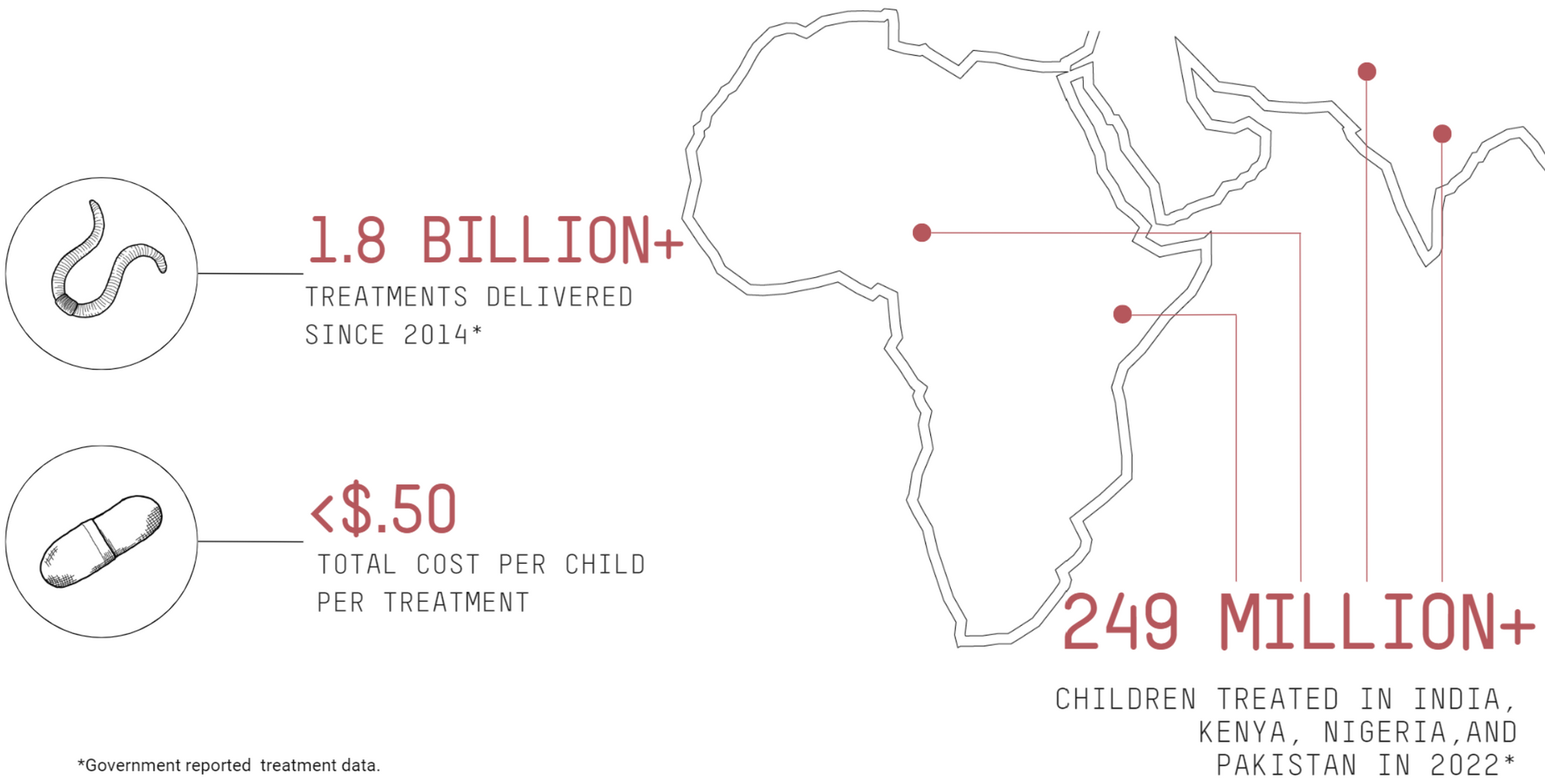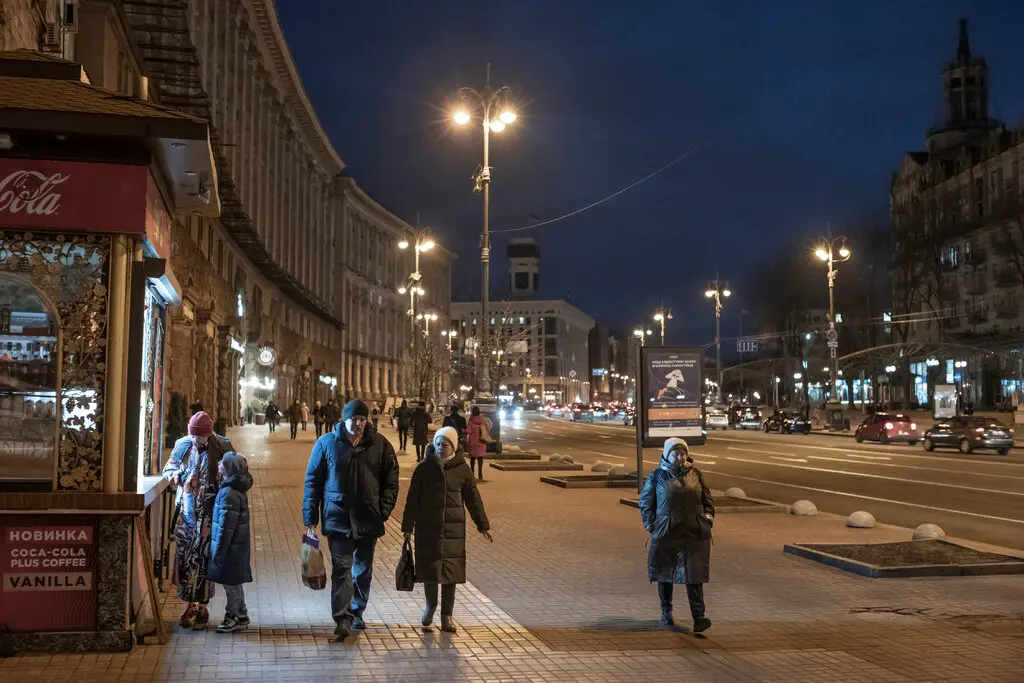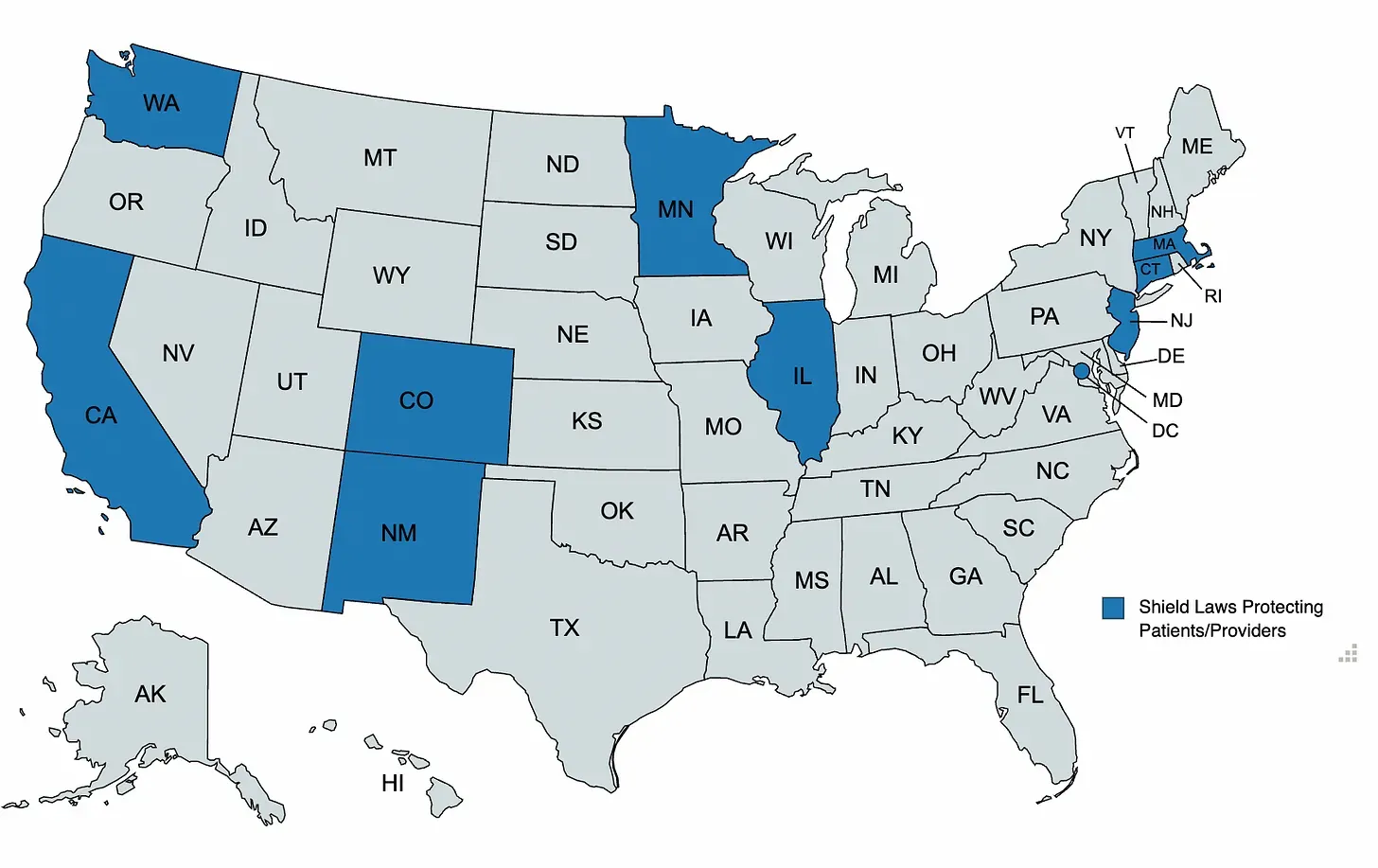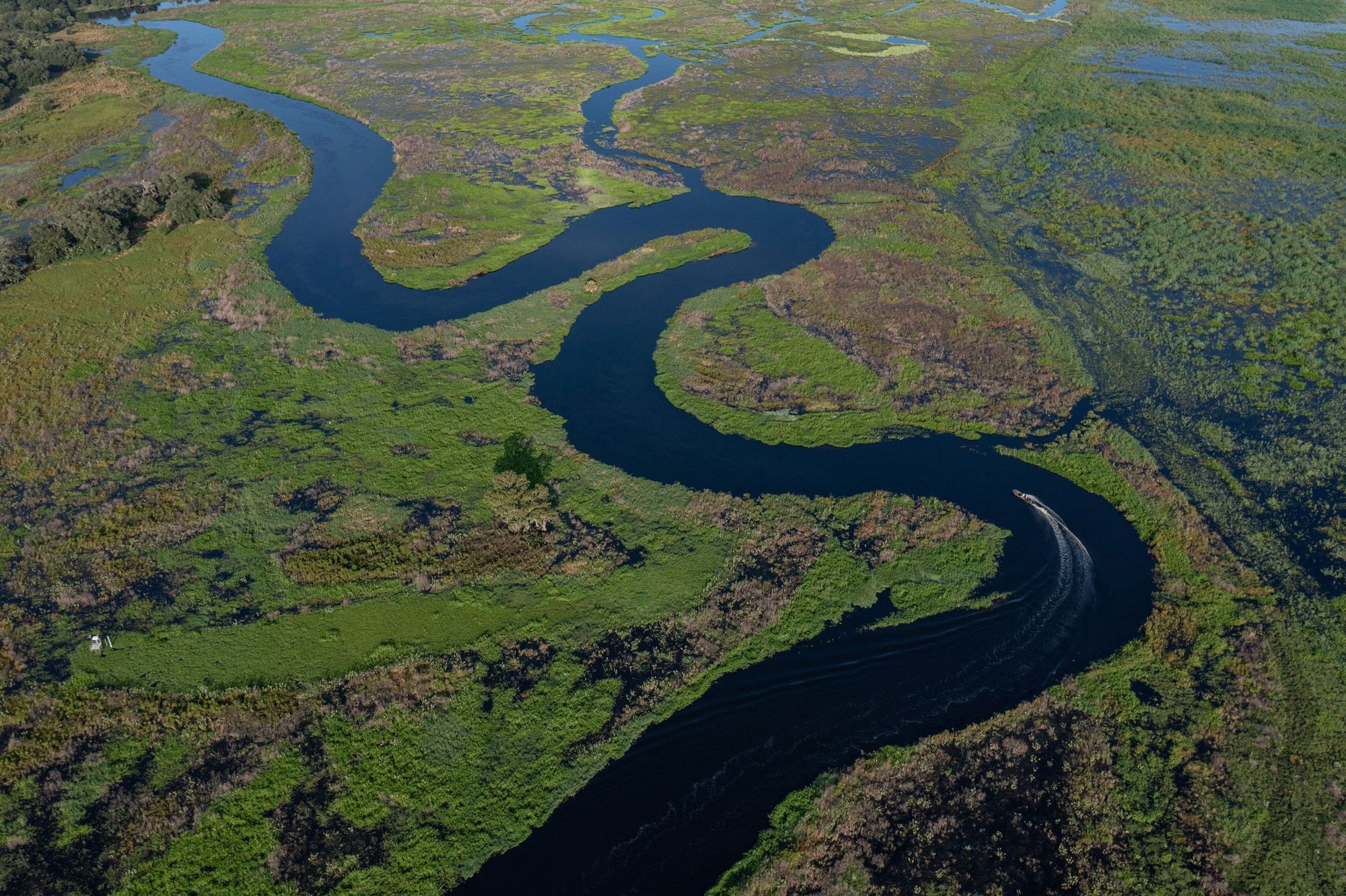Good news you probably didn't hear about
The most important good news story of the month, and arguably the year: Ghana and Nigeria (which has the highest number of malaria deaths in the world) have approved Oxford's highly effective R21 malaria vaccine for children under the age of three. The world's biggest vaccine maker says it will make 20 million doses available in the next two months. Reuters
We expect R21 to make a major impact on malaria mortality in children in the coming years, and in the longer term contribute to the overall final goal of malaria eradication and elimination.
Professor Adrian Hill, Director, Jenner Institute, University of Oxford
Yes, everything in America is awful, except for the fact that inequality is falling; unemployment is at its lowest since WW2 (and so is racial disparity in hiring); it's still the world’s richest, most productive and most innovative economy; poverty and uninsured rates are at their lowest levels in history; Millennials are back on track, and GenZ are blowing past other generations in saving for retirement.
Last year, an initiative called Deworm the World helped India, Pakistan, Kenya and Nigeria provide treatment to around 249 million children. Deworming is proven to improve the nutrition, cognition, school attendance, and long-term economic prospects of children. Evidence Action

Between 2007 and 2021, the number of breast cancer survivors in Canada doubled. There are now two and a half times more survivors than there were during the last estimate in 2007. Around 370,000 women have been diagnosed with breast cancer during this period, and 85.9% had survived the disease as of 2022. Science Daily
Did you know that George W. Bush was responsible for the United States' most impactful foreign policy intervention of the 21st century? No, not that one. This year marks the 20th anniversary of PEPFAR, Bush’s HIV/AIDS program that turned the tide of the global epidemic, and has saved 25 million lives so far. NYT
In Ghana, the proportion of children under five suffering from stunting has fallen from 35.1% in 2003 to 17.1% in 2022. The change is thanks to better education of mothers, the promotion of exclusive breastfeeding, better food security and sanitation programs, and a general improvement in the socio-economic situation. Graphic
Electric trams are running again in Kyiv, electric scooters dot the sidewalks, and with curfew extended to midnight, the streets are bright and buzzing. The Kremlin’s campaign to break Ukraine by destroying its power grid failed. Not only did the grid survive, it was even able, in early March, to produce surplus energy for the first time in months. NYT

The Cook Islands has officially decriminalized homosexuality. The country, comprising 15 islands in the South Pacific, has rescinded a section of its Crimes Act of 1969. "We are so grateful for all the people and organizations throughout our community who have been working tirelessly to make this happen.” LGBTQ Nation
A new law giving women greater legal protection against gender-based violence has been passed in Uzbekistan, following a long campaign by women’s and human rights activists. “Today, Uzbekistan became the fifth country in Eastern Europe and Central Asia to criminalise domestic violence as a separate criminal offence.” Nadja
Poland has experienced the longest uninterrupted period of growth in European history. Real GDP has increased sixfold in three decades, and the country has a record-low unemployment rate of 3%, lower infant mortality than Canada, higher female life expectancy than the US, and less violent crime than the UK. Guardian
Ten US states have now passed "shield laws" to protect transgender rights and provide sanctuary. Together, these places are establishing themselves as safe havens and recognizing the connection between gender-affirming care and abortion rights as part of a united struggle for bodily autonomy. Erin Reed

Upgrade to the premium version of Future Crunch
You're receiving the free version of this newsletter. Did you know we have a premium edition of this thing? It's got a whole lot of extra good news about clean energy, all of the best science stories from around the world, and what we think are the best bits of the internet every week. Each subscription helps, and means we get to keep this thing going. You can find out more by hitting this button.
The only home we've ever known
Colombia has expanded three indigenous conservation areas, the Huitorá, Coropoyá, and Jericó Consaya Reserves, by a total of 279,777 acres. The move consolidates a crucial biological corridor between the Caquetá River and the Chiribiquete and La Paya, home to more than 3,000 plant and animal species—more species than are found in all of Germany. Andes Amazon Fund
In 2006, tiger populations in India reached a record low of 1,411. Since then, they've more than doubled, reaching 3,167 last year, according to the latest census. The resurgence of Indian tigers represents a triumph for conservationists and a ray of hope for other countries struggling to boost wildlife numbers. CNN
Togo begins its annual reforestation drive on 1st June, led by Environment Minister, Foli-Bazi Katari. The goal this year is to plant 14 million trees on 11,000 ha of land, improving on the 5.2 million planted on 8,256 ha of land in 2022. "Our country’s objective is to restore its entire forest and vegetation cover in the long term." Afrik21
The US government has released $350 million for wildlife crossings to prevent deaths and improve habitat connectivity across the country. “Our country has been remarkably effective at building roads, and now we can start funding projects that will help America’s wildlife cross them." AP

A large watershed in British Columbia’s Raush Valley has been declared an Indigenous Protected and Conserved Area. The valley contains old-growth cedar and hemlock forests that are home to iconic species like caribou, moose, and grizzly bears. Narwhal
Record numbers of river barriers were removed in Europe in 2022, with 325 taken down in 16 countries, allowing rivers to flow freely and fish to reach breeding areas. It's part of a bigger global trend: the world has now reached peak dams, the point at which the number of dams built annually levels off and begins to decline.
A 20-year effort to rid Lehua Island in Hawaii of rats was recently successfully concluded, and the focus has now shifted to luring back native birds like the ʻuaʻu (Hawaiian petrel), ‘ewa‘ewa (sooty tern), and ‘akē‘akē (band-rumped storm petrel). “Each project is a stepping stone to the next." Hakai
Deep in Florida, nearly half of the Kissimmee River has been restored to its natural state, reversing an ecological disaster from the 1960s. After 20 years, and at a cost of around a billion dollars, over 100 km² has been re-established and rehydrated, and birds and fish are now returning in droves. Nat Geo

As California recovers from its drought, farmers are intentionally flooding farmlands to restore underground aquifers. Much of this is being driven by the state's 2014 law to regulate groundwater, which mandates that by 2042, an equal amount of groundwater has to be returned to an aquifer as is withdrawn every year. Civil Eats
Lisbon has become the latest European city to bar through-traffic from its city centre. The plan, which will run for a three-month trial period, could also help Lisbon reach its aim of becoming carbon neutral by 2030. It's one of 122 cities in Europe that have pledged to achieve that goal. Bloomberg
Over 100 countries now have a full or partial ban on single-use plastic bags, and it's starting to work. In combination with levies and taxes, numerous countries are seeing significant declines in plastic bag use, and the impact is visible on the ground too. “It’s really, really encouraging to see those numbers trending down." Euro News
That's it for this edition, thanks for reading, it's great to be back. We'll see you next week.
FC HQ





